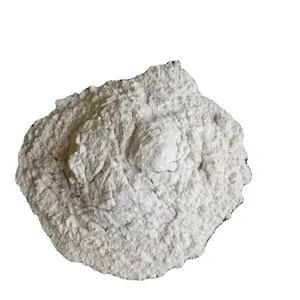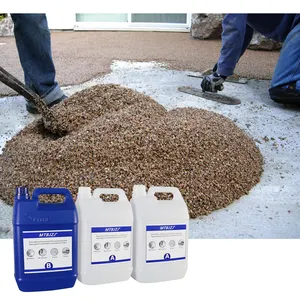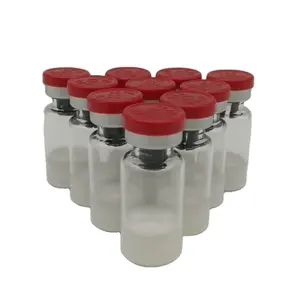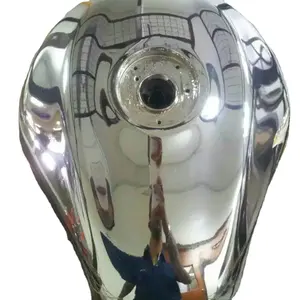Popular in your industry












Related Searches:




























Top categories
About drilling mud
Exploring the Versatility of Drilling Mud
Drilling mud, a critical component in the drilling industry, serves as a stabilizing and support fluid in various drilling operations. This category encompasses a range of drilling fluid mud types, each tailored to meet the specific needs of different drilling environments. From water based mud to oil base mud, the selection of the appropriate drilling mud is pivotal for the success of drilling activities.
Types and Applications of Drilling Mud
The types of drilling mud, such as bentonite drilling mud and base mud, are designed to cater to different drilling conditions. Bentonite clay drilling mud is renowned for its high swelling capacity, making it ideal for forming impermeable barriers and ensuring wellbore stability. In contrast, oil base mud is employed in situations where greater lubrication is required. The application of these muds extends beyond just drilling operations; they are also used in creating groundwater barriers and as a binder in various industrial processes.
Features and Advantages of Drilling Mud
Drilling muds are engineered to exhibit properties that enhance drilling efficiency. They help in lubricating and cooling the cutting tools, maintaining hydrostatic pressure to prevent blowouts, and carrying drill cuttings to the surface. The mud rotary drilling technique, which utilizes a fluid-laden drill bit, is a testament to the functionality of drilling mud in facilitating smooth and efficient drilling operations. The unique properties of drilling muds also contribute to their use in environmental protection, such as oil spill remediation, due to their absorbent nature.
Materials and Composition
The composition of drilling muds varies, with drilling fluid additives playing a crucial role in enhancing their performance. Additives such as bentonite clay, barite, and various polymers are mixed to form the base mud, which is then adjusted according to the specific requirements of the drilling project. The choice of additives is critical, as it determines the mud's viscosity, density, and filtration properties, which in turn affect the drilling efficiency and safety.
Environmental and Other Applications
Beyond their primary use in drilling, drilling muds have found applications in environmental management and agriculture. Their absorbent qualities make them suitable for soil conditioning and waste management. In the medical field, drilling mud additives like bentonite are used for their detoxifying properties, aiding in the removal of toxins from the body and skin.
Selecting the Right Drilling Mud
Choosing the correct type of drilling mud is essential for any drilling operation. Factors such as soil composition, drilling depth, and environmental considerations play a significant role in this decision. Professionals in mud engineering and drilling mud companies can provide valuable insights into the selection process, ensuring that the drilling mud chosen is fit for purpose and meets the operational requirements without compromising on environmental safety.





















